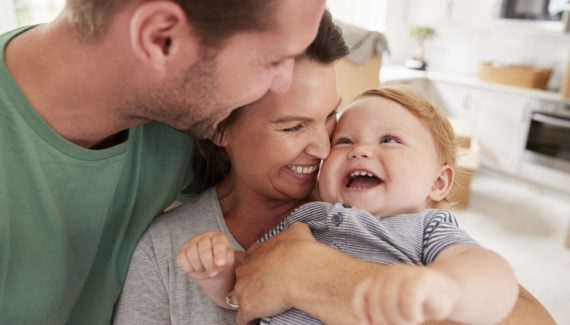After the shock of an unplanned pregnancy subsides, the weight of decision may settle upon you. When you choose adoption, that is only the first step in a lifelong journey on which you are about to embark. There will be many other decisions that come with the adoption choice as well as a flood of emotion and indecision that may occur as well. Adoption is a beautiful and amazing option but comes with its fair share of roller coaster moments. There are a few important things to remember and take to heart as you embark on your adoption journey:
- The Choice Is Yours
While there may be others involved in your decision such as parents or a significant other, the choice for adoption is ultimately your choice. It is very easy to feel pressured into a choice and unfortunately, I recognize that some are not really given a choice in extreme circumstances. However, if adoption is actually a choice for you, make sure it is truly what YOU want. You will be bearing the burden and the weight of your decision. The emotions that you will go through can be very difficult. That burden will only be harder if you were pressured into a choice in which you were not confident.
- You Have Every Right to Change Your Mind
It is incredibly common for birth parents to change their mind at some point in the adoption process. With my daughter whom we adopted, her birth mother changed her mind and decided she wanted to parent before she was born and then changed her mind back to adoption after she was born.
If you feel unsure, it is completely normal. If you have entered an adoption agreement with prospective adoptive parents, it is normal to feel bad or uncomfortable if your mind changes. If you are feeling doubts early on, be honest about these doubts and upfront. The hopeful adoptive parents are hopeful people you will come to know and adore along the journey. However, adoptive parents are aware that “failed matches” are a risk they take. At the end of it all, this is your child and your child alone until rights are relinquished. If you are confident you want to change your mind, that is your right and you should not be made to feel guilted otherwise.
- Be Honest About What You Want
Your choice for adoption does not ultimately end at adoption. You will also decide if you would like the adoption closed or open. Closed adoptions mean that you will have no contact with the child or adoptive parents once the adoption is complete and they will seek no contact with you. Many people choose this options for a variety of reasons including, but not limited to, privacy and safety concerns for both their child and themselves.
Open adoption, a more popular option in this day and age, can look a million different ways. This is why it is important to be open and honest about what you want. In most states, open adoption is a “faith” agreement rather than a legal one. It is vital that you let any hopeful adoptive parents know what you are hoping for in terms of openness. Do you want visits with your child? How often? Would you rather just have updates? What do you see for the future of your relationship with your child and their adoptive parents? Leading with this information will help you find and match with adoptive parents who best fit what you want for your future relationship with your child.
- Adoption Is Both Devastating And Beautiful
Adoption is not easy. It is very often the right choice for those that choose it, but very rarely easy. There are a wealth of emotions you will go through. These emotions can range from excitement to joy, to fear, and even to regret. It is natural to want to parent your child and be with them. Parenting your child is the ultimate goal, however understandably not always an option.
Adoption is certainly a beautiful option to recognize that Plan A cannot always be possible. It is normal to feel anxious or even downright devastated about making an adoption decision. Please find someone to talk to about these feelings. If you are adopting through an agency, ask to receive counseling. Most of the time, counseling is both an offered and required service of the adoption process. Listen to your emotions and talk them out with family, friends, and a counselor, if possible.



